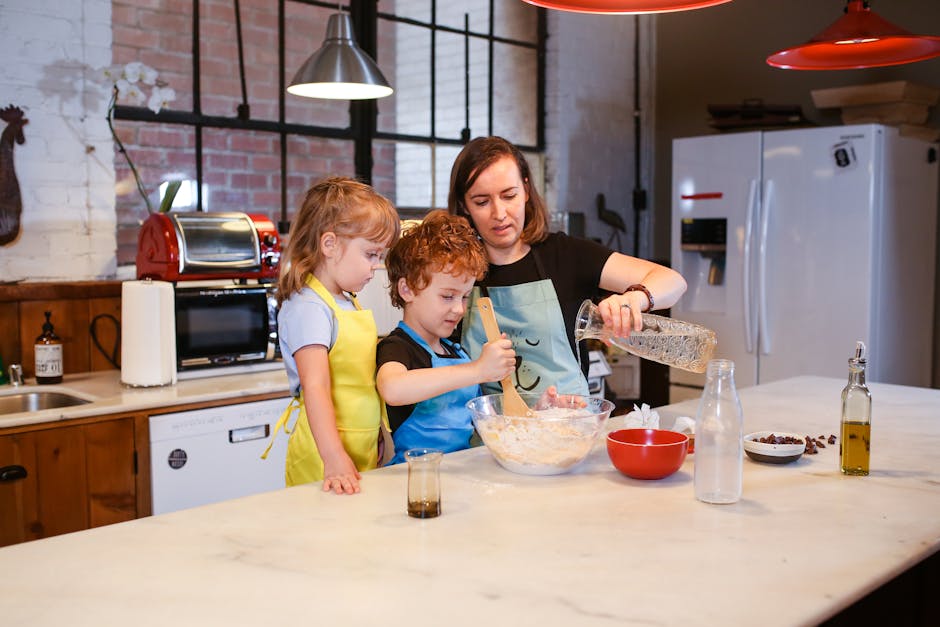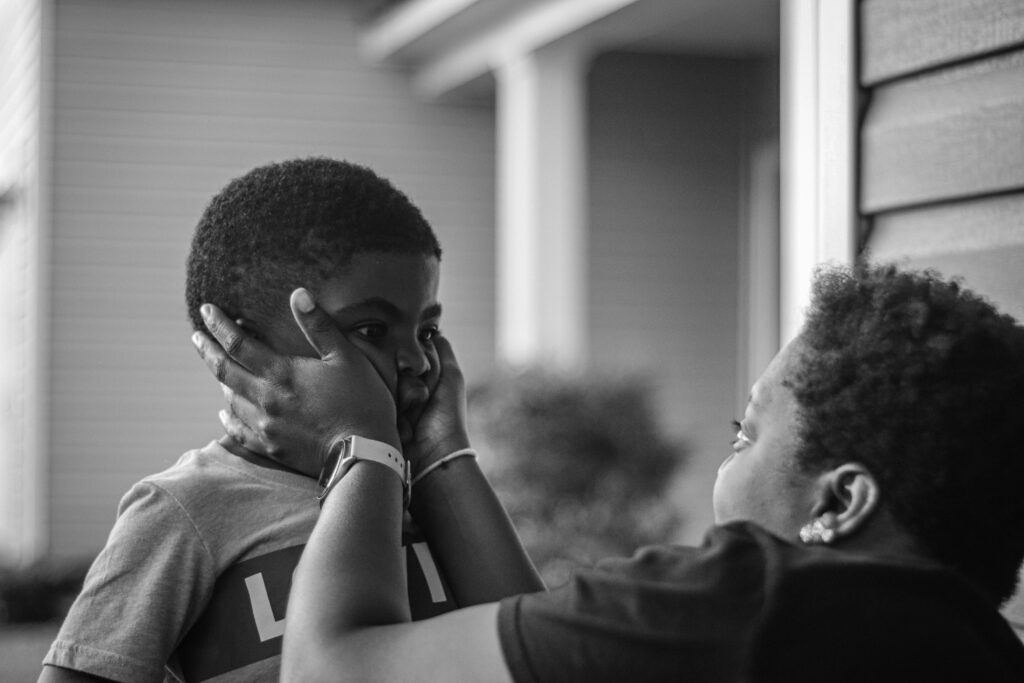Creative ProblemSolving Activities
Looking for fun and educational activities to challenge your kids’ minds? Say goodbye to traditional puzzles and explore a world of creative problemsolving activities that will keep them engaged and entertained for hours. Here are some exciting types of puzzles for kids that will stimulate their critical thinking skills and spark their imagination:
1. Riddle Me This
Challenge your kids with a series of riddles that will test their logic and reasoning abilities. Riddles are a great way to encourage lateral thinking and problemsolving skills. Here are a few examples to get you started:
I speak without a mouth and hear without ears. I have no body, but I come alive with the wind. What am I? The more you take, the more you leave behind. What am I? What has keys but can’t open locks?
2. Mystery Detective Games
Transform your living room into a crime scene and let your kids become amateur detectives. Create a mystery scenario with clues scattered around the house, and challenge them to solve the case. This immersive activity will engage their observational skills and deductive reasoning.
3. Escape Room Puzzles
Bring the thrill of an escape room into your home with DIY escape room puzzles. Create a series of challenging puzzles and riddles that your kids must solve to “escape” from a locked room. This activity promotes teamwork, communication, and critical thinking as they work together to unravel the mystery.
4. Tangram Challenges
Tangrams are ancient Chinese puzzles that consist of seven geometric shapes that can be rearranged to form various shapes and designs. Challenge your kids to solve tangram puzzles by manipulating the pieces to replicate a specific pattern or image. This activity enhances spatial awareness, problemsolving skills, and creativity.
5. Coding Games
Introduce your kids to the world of coding with interactive coding games designed for children. Platforms like Scratch and Tynker offer a fun and engaging way to learn programming concepts through colorful block coding. These games teach kids logical thinking, sequencing, and problemsolving in a playful environment.
6. Engineering Challenges
Encourage your kids to think like engineers with handson engineering challenges using everyday materials. Build bridges, towers, or catapults with household items and test their structural integrity and design. This activity fosters creativity, critical thinking, and problemsolving skills through handson experimentation.
7. Math Puzzles
Make math fun with a variety of math puzzles that challenge your kids’ numerical skills. From Sudoku to logic puzzles, there are numerous mathbased activities that improve logical reasoning and problemsolving abilities. These puzzles can be a fun way to reinforce math concepts outside of the classroom.
By incorporating these creative problemsolving activities into your children’s routine, you can provide them with entertaining challenges that enhance their cognitive skills and foster a love for learning. Say goodbye to traditional puzzles and say hello to a world of exciting and engaging activities that will keep your kids entertained and intellectually stimulated.



